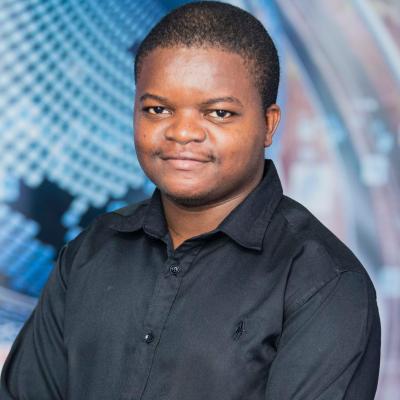
Biography
Charles Ngidula is a Tutorial Assistant at the University of Dar es Salaam, School of Journalism and Mass Communication, committed to academic excellence. With a strong foundation in Mass Communication, he plays a pivotal role in shaping learning experience within Media and Communication studies. Dedicated to fostering an interactive learning environment, Charles assists in coursework, research guidance, and practical applications, ensuring students’ academic success. Charles has benefited significantly from the collaboration between OsloMet University in Norway and the University of Dar es Salaam through the NORPART project. This partnership has provided valuable exposure to international academic standards, advanced research methodologies, and innovative teaching approaches. Through this experience, Charles has acquired critical skills in cross-cultural academic collaboration, research excellence, and educational development that enhanced his ability to support student learning. Beyond teaching, Charles actively engage in media operations at Mlimani Media, a student media lab, at the University.
Research Interest
Charles Ngidula's research interests spans the dynamic fields of Digital Media, Artificial Intelligence, and Environmental Communication, exploring their transformative potential.
He examines the evolution of digital media ranging from content creation, audience engagement to technological advancements that shape modern communication landscapes. With proliferation of Artificial Intelligence (AI) tools, Charles embraces the technology within problem solving lenses to bring about AI-driven solution to most pressing issues in media and communication. He explores how Machine Learning optimize media efficiency while ensuring ethical AI use. Turning a keen eye to Environmental Communication, Charles shows interest in synergizing the binary of environment and communication. He underscores the roles that communicators play in the dissemination of climate education and impart a sense of resilience especially to the environmentally marginalized communities.
Contacts
Email:
Projects
Publications



